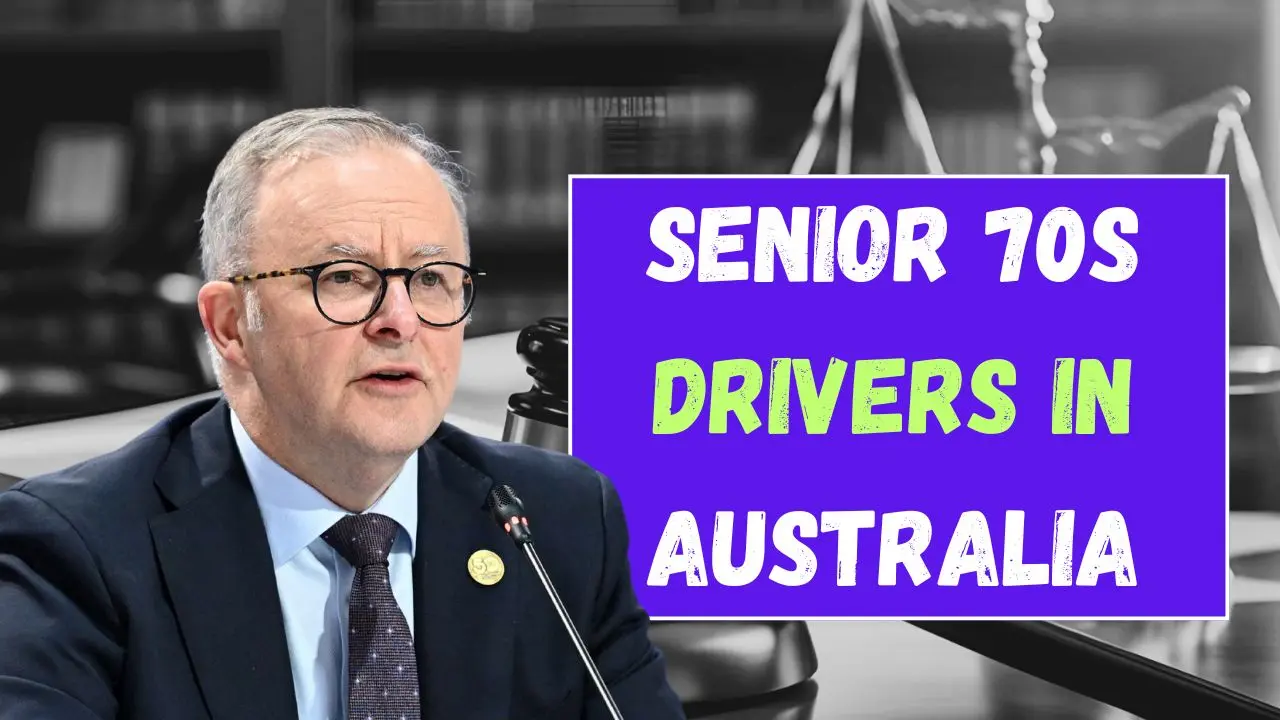Freedom is a very potent word in Australia; driving ranks high amongst the activities that afford someone freedom. However, when one becomes 70 years old, they are subjected to some conditions. However, these conditions aim to safeguard the road safety and allow seniors to drive so long as they remain fit to do so. Therefore, understanding the requirements for senior 70s drivers in Australia is essential for both the parties involved and their families.
Why Driving Rules Change After 70
Age is an important factor for reaction times, for vision, and for physical and cognitive ability. Even though, many elderly are safe drivers, the Australian road authorities seem to accept that certain assessments should be done to minimise accident occurrences. The rules laid down for drivers above 70 years of age are not meant to restrict independence but rather to ensure that an elderly driver is comfortable with the roadways.
Licence Renewal for Seniors
From 70 years on, a driver must undergo different licence renewal procedures depending on the State or Territory of residence. In general, seniors are not issued licences for long terms as younger drivers are. Renewal often involves medical assessment to determine that a person is fit to drive. In some States, with the existence of a concern that may impact one’s visual or driving ability, vision tests or practical driving tests may be required.
Medical Assessments and Fitness to Drive
Medical assessments are among the key parts of the laws for driving after 70 years in Australia. Doctors will look at a senior driver and give assurance regarding whether the person is physically and mentally able to safely drive a vehicle. Poor eyesight, limited mobility, memory impairment, or chronic illnesses are given consideration in this respect. Where the doctor feels it is beneficial, he may recommend a restricted licence whereby the holder may only drive during daylight hours and in a local area on low-traffic roads.
Driving Tests and On-Road Assessments
In some states and territories, senior drivers are tested during licence renewal with practical driving tests or on-road assessments. These tests check the reaction times, observe the senior’s ability to adhere to road rules and apply these rules to real traffic situations. Alternatively, seniors who feel they need extra practice can take refresher courses to regain confidence and be sure that they meet the minimum required standards.
Shorter Licence Validity
For people seventy years and above, licence validity is usually shorter than for other classes of drivers. The licences may be issued for renewal for a period of one-year or two years instead of five to ten. This ensures monitoring of the fitness to drive on an ongoing basis and intervention stands in cases where health matters emerge quite early.
Restricted Licences
Where medical evaluation points out restrictions, seniors may be granted a restricted licence. Restrictions might include only driving in daylight, being barred from highways or only allowed to travel a few kilometers away from home. Restrictions are meant to keep one independent while reducing risk-a compromise between safety and refusal of personal liberty.
Support and Alternatives for Seniors
When it comes to elderly people who can no longer safely operate motor vehicles, there are alternate possibilities. Public transport concessions, from community shuttle services to rideshare programs, maintain the mobility of seniors. Families should talk about transport alternatives with their senior relatives and make plans for scenarios in which driving may no longer be deemed safe or is allowed.
Impact on Families
The regulations for senior 70s drivers in Australia are also influential in family life. During times where the older family members may do errands or take care of the children, or drive other family members to hospital appointments, inside communication should be maintained around driving ability, restrictions, and alternative transport so that safety and continuity of support within the household are assured.
Conclusion
Australia’s new rules for senior drivers over 70 emphasize road safety while maintaining independence. Renewal of licences, and medical assessments with possible restrictions, and shorter periods of validity are designed to allow aged Australians almost as long as possible to drive safely. In this way, seniors and their families can plan ahead and assure safety without unduly limiting mobility.
